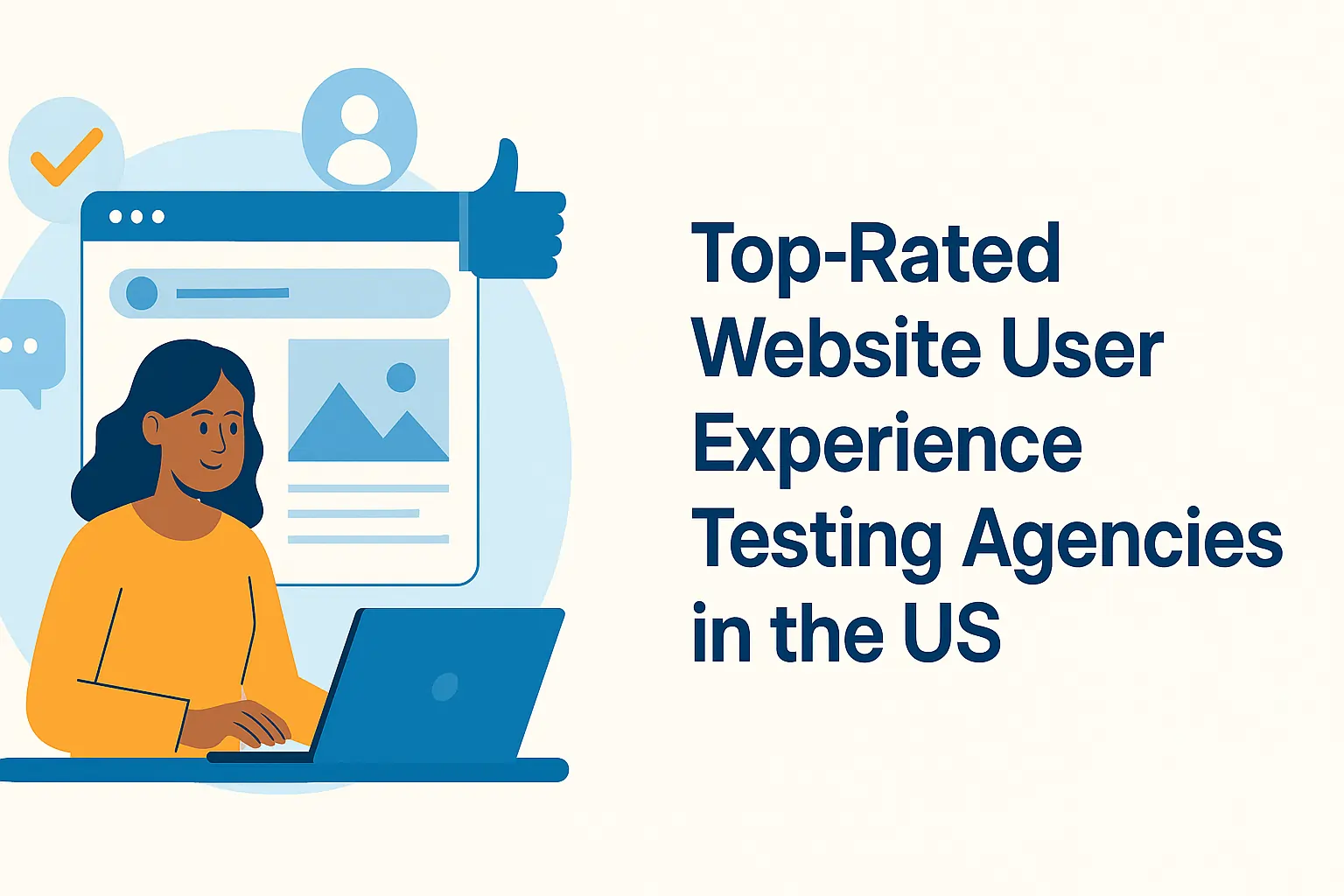The Role of Website Testing Services in Mobile-First Development
Mobile-first development has become the norm in the industry as mobile usage in the digital world overtakes desktop usage. In order to guarantee a consistent user experience across smartphones and tablets, businesses must now give priority to mobile users. Website testing services are essential to this process since they guarantee that websites are mobile-friendly and offer a seamless, user-friendly experience. The importance of website testing services in mobile-first development will be discussed in this article, along with how these services guarantee that a website satisfies the high standards of mobile users.
1. Understanding Mobile-First Design Philosophy
A website’s mobile version is developed first, with improvements for larger displays coming later, according to the mobile-first design development methodology. This strategy acknowledges that a growing number of visitors visit websites via mobile devices, hence optimizing the mobile experience is crucial. In this design philosophy, website testing services are essential since they guarantee that every component of the website is mobile-friendly.
Testing services make sure that everything functions properly on smaller screens, including forms, buttons, navigation menus, and multimedia content. Users may become irate with a badly implemented mobile-first design, which could lead to a decline in traffic and sales. To avoid this, website testing services thoroughly test every component.
2. Ensuring Cross-Device Compatibility
There is a wide range of screen sizes, resolutions, and operating systems available for mobile devices. Consumers may use phablets, tablets, or smartphones to visit your website, each of which poses a different set of difficulties. In order to guarantee cross-device compatibility—that is, that a website works correctly and looks consistent across various mobile devices—website testing services are crucial.
Cross-device testing includes verifying for layout consistency, and ensuring that UI components like buttons, text fields, and graphics adapt fluidly to different screen sizes. A website may have overlapping elements or broken layouts from improper testing, which would make navigation challenging and drive visitors away. Services for testing websites on various platforms and operating systems mimic these discrepancies early in the creation process.
3. Performance Testing on Mobile Networks
Mobile users frequently access websites over networks with drastically different speeds and reliability than desktop users, who typically rely on dependable internet connections (3G, 4G, 5G, or Wi-Fi). Delivering a seamless user experience depends heavily on a website’s performance across various network conditions. Website testing services evaluate a website’s performance on different networks to make sure it stays responsive even on sluggish connections.
Analyzing load times, responsiveness, and overall performance across various network types is part of this testing process. Websites that load slowly may see a rise in bounce rates since visitors will usually leave a page that takes longer than three seconds to load. Performance bottlenecks like big picture files, ineffective coding, or slow server response times are found by website testing services. These problems can then be
4. Optimizing for Touch Interfaces
Mobile websites depend on touch interfaces rather than the point-and-click method used on desktops. Website testing services ensure that all interactive elements on the site—such as buttons, sliders, and forms—are optimized for touch-based interactions. This includes making sure buttons are large enough for easy tapping, swipe gestures function correctly, and touch-sensitive elements don’t interfere with the user experience.
Testing for touch functionality is crucial because mobile users interact with websites differently than desktop users. They rely heavily on their fingers for navigation, so any misalignment or unresponsive touch areas can lead to frustration. Website testing services focus on delivering a smooth and efficient touch experience, preventing potential user drop-offs caused by poorly functioning touch controls.
5. Testing for Mobile-Specific Features
Mobile-first websites often integrate mobile-specific features such as GPS location services, push notifications, camera access, or mobile payments. These features offer enhanced functionality for users but also present potential points of failure. Website testing services ensure these mobile-specific features work as intended across various devices and operating systems.
For example, testing services evaluate the smooth integration of location-based services, ensuring that the website accesses and uses geolocation data appropriately. They also check for any bugs that might arise from using mobile payment systems or other native app integrations. Ensuring these features are well-tested is critical for delivering a robust mobile user experience.
6. Assessing Responsiveness and Layout Adjustments
Website testing services are crucial in evaluating a website’s responsiveness because they simulate various screen sizes and resolutions and look for layout breaks, scaling problems, and misaligned elements. This testing process confirms that all visual elements (such as images, text blocks, and menus) scale correctly to the screen size and maintain consistency in the layout. Issues like oversized images or overlapping text can detract from the user experience, so website testing services find and fix these problems before launch.
7. Mobile SEO Testing
As a result of Google’s switching to mobile-first indexing, mobile-friendly websites now appear higher in search results. For this reason, making sure your website complies with the relevant mobile SEO requirements is crucial for exposure. Website testing services examine elements of your mobile site, such as page load times, usability, and proper metadata implementation, that may have an impact on its SEO performance.
This includes checking that AMP (Accelerated Mobile Pages) is implemented correctly, making sure the mobile site is set up for effective search engine crawling, and confirming mobile-specific features like app indexing. Testing for mobile SEO is essential since it keeps your website visible and competitive in search engine results.
8. Usability and Accessibility Testing
Usability is paramount for retaining users on mobile platforms. Website testing services assess the mobile site’s overall usability by evaluating its navigation, ease of use, and clarity of the interface. They ensure that the site is intuitive and straightforward, with no confusing or obstructive elements that might prevent users from accomplishing their goals.
Additionally, accessibility testing ensures that websites meet the WCAG (Web Content Accessibility Guidelines), making them usable for people with disabilities. This includes testing for features like screen reader compatibility, proper colour contrast, and keyboard navigation. Accessibility is not just about compliance—it’s about ensuring inclusivity, allowing everyone to enjoy the mobile experience regardless of their abilities.
9. Testing Mobile-Specific Bugs and Crashes
Mobile websites can encounter unique bugs such as unresponsive buttons, accidental zooming, or crashes when trying to access media or specific features. Website testing services focus on identifying these mobile-specific issues that could disrupt the user experience. Testing tools simulate real-world conditions, allowing developers to catch bugs related to device-specific hardware, operating system versions, or network connectivity.
By catching and resolving bugs early, website testing services ensure a smoother launch and reduce the chances of post-launch patching, which can be costly and negatively affect user satisfaction.
Conclusion
In the mobile-first world of web development, website testing services are more important than ever. They ensure that websites deliver a smooth, functional, and fast experience across mobile devices. From testing touch interfaces and mobile-specific features to ensuring strong mobile SEO and accessibility compliance, these services help businesses create mobile-friendly websites that attract and retain users. Without thorough testing, even the best-designed mobile websites can fall short, resulting in poor performance, frustrated users, and lost revenue. Therefore, incorporating robust website testing services into mobile-first development is key to success.











